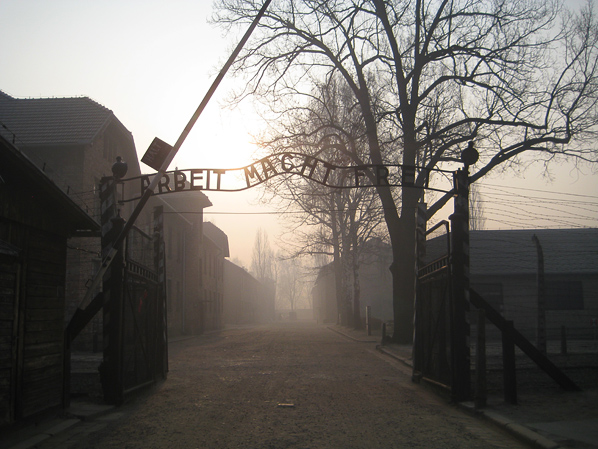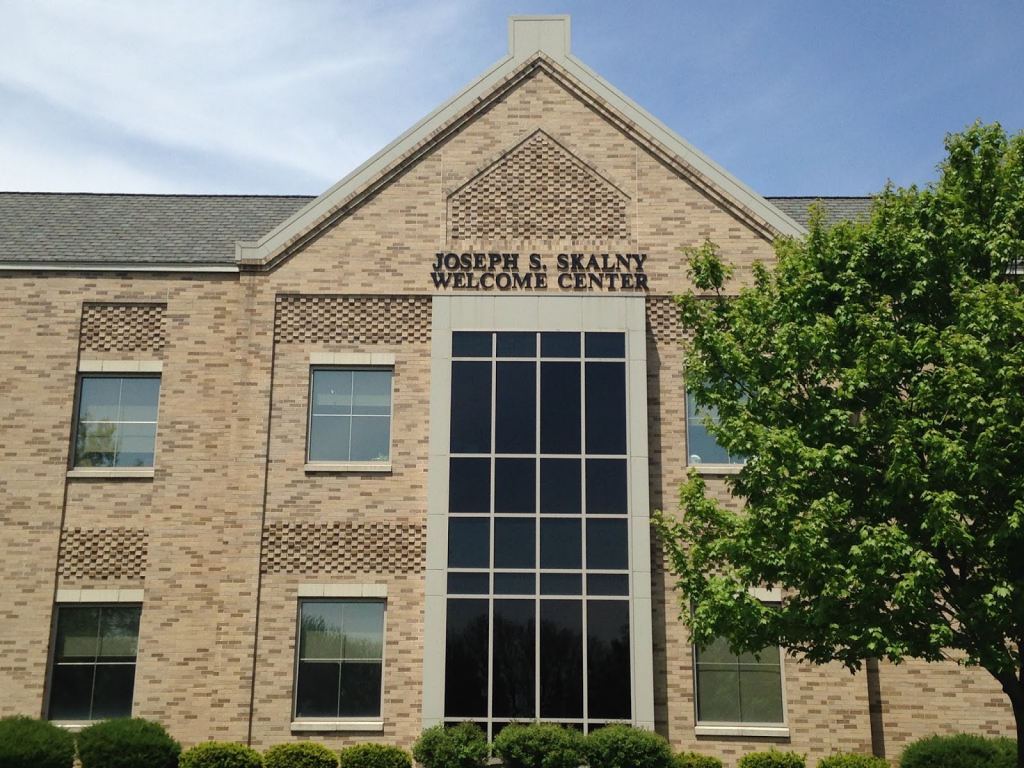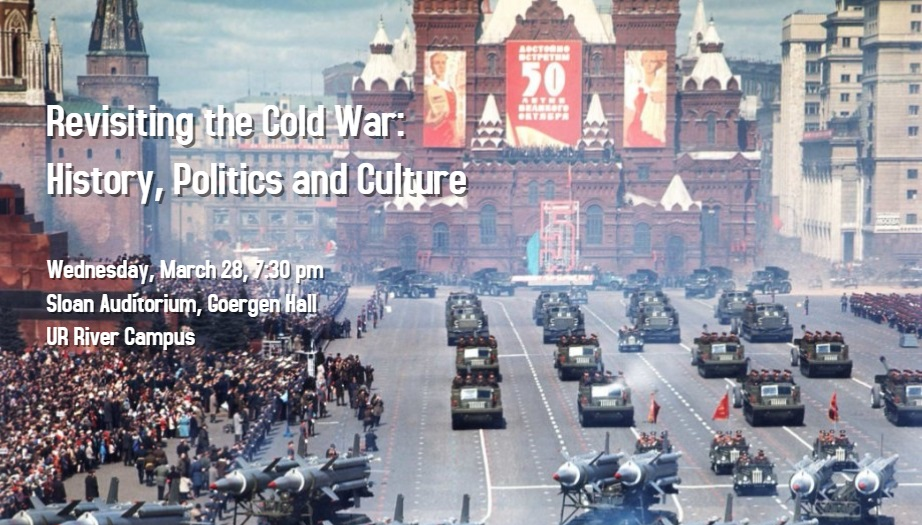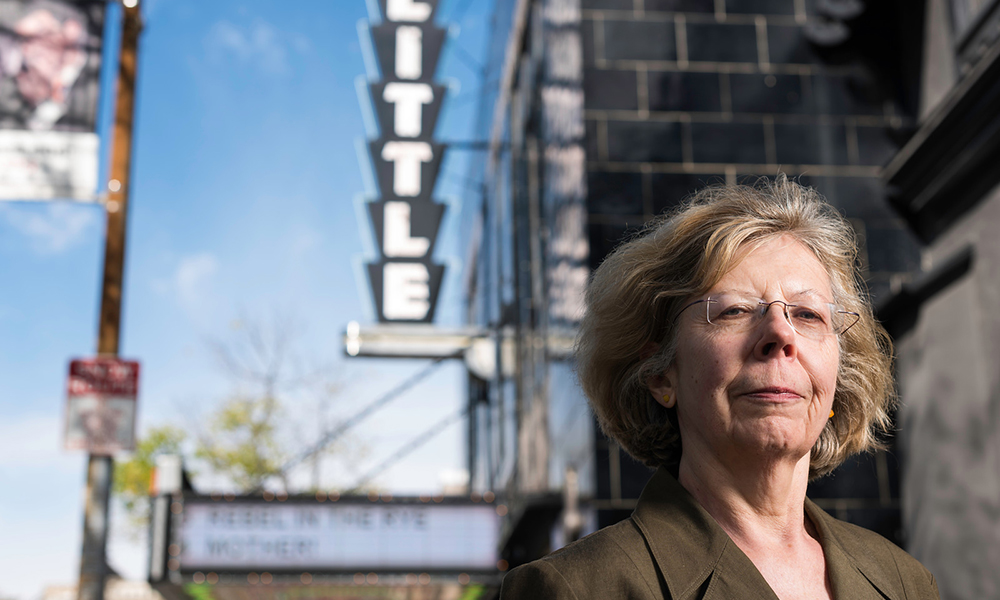by Sara Kowalski, Class of 2017, Humanities Fellow
As I mentioned recently in my spotlight on Romance languages, this month I am writing to you about the study and experience of language and culture here at Rochester. Today I’m moving a little east-ward, talking about items relating to the two languages German and Polish. (Russian will come up in a category of its own the week after next!)
The German program within the Department of Modern Languages and Cultures (MLC) offers courses in language and culture. The language sequence begins with Elementary German I (fall) and Elementary German II (spring). Like most of the language sequences, you must start in the fall semester, so keep that in mind when planning your course load. Of course, if you already have experience with German, you may be able to test into a higher level.
There is a diverse wealth of German culture courses to be explored at Rochester. For example, there are certain subjects you might expect such as GER 204: Marx and Marxism, GER 206: Freud and Psychoanalysis, or GER 235: Hitler’s Germany. There are also fascinating topics you might not associate with Germany at first such as GER 209: Cowboys and Indians, GER 225: Feminism and Porn, or GER 283: Cinema and Revolution: West German Avant-garde. From literature to film, from history to philosophy—it’s all here at the University of Rochester!
The German program offers a major, minor, and clusters. The major requires six core courses, six upper-level electives, and three MLC courses: CLT 101, CLT 200, and CLT 389 Major Seminar. If you have questions, please reach out to Susan Gustafson (susangustafson@rochester.edu), the head of the German program.
The Polish program—brought to you by the MLC department and the Skalny Center—is still relatively small. As with the other language sequences, students begin with Elementary Polish I (fall) and Elementary Polish II (spring). Like other languages, you must start in the fall semester. But, unlike other languages, the sequence then moves onto a single course Intermediate Polish (fall), instead of breaking it up into I and II. After this, the next in the sequence is Polish Review (spring), which is the advanced course that allows you to refine your already developed language skills. This course is also designed to teach you more about the history, literature, and culture of Poland while using the Polish language.
This program also offers purely cultural courses, no language required. Examples of these are international-relations courses like Human Rights, Minorities, and Migration in Europe, history courses such as The Holocaust and Its Memory in Eastern Europe, anthropology courses such as Anthropology of Tourism, and film and literature courses such as Polish Culture Through Film, Literature, and Digital Media—just to name a few!
As of now, the Polish program with the Skalny Center only offers clusters, so no major or minor. But maybe that will change in the future as the program continues to grow and students continue to be passionate about these courses! For more information, reach out to Professor Małgorzata Wojciechowska (wmalgorz@ur.rochester.edu).
The Skalny Center for Polish and Central European Countries
The Skalny Center, located on the first floor of Harkness Hall on campus, is a little-known resource here at the University of Rochester. As mentioned above, it is the reason we are able to provide all of these Polish language and culture courses. It addition to being an education facilitator, it is also a research institution and a community center—the City of Rochester actually has a strong, active Polish community!
Even if you are not taking course in Polish language and culture, you may be interested in the center’s lecture and artist series or their annual Polish Film Festival. Many of the guest lectures take place on campus in the Sloan Auditorium, and the film festival takes place at the Little Theatre downtown, which you can reach with the University shuttles.
For more information, reach out to Bozenna Sobolewska (bozenna.sobolewska@rochester.edu), the coordinator of the Skalny Center.





